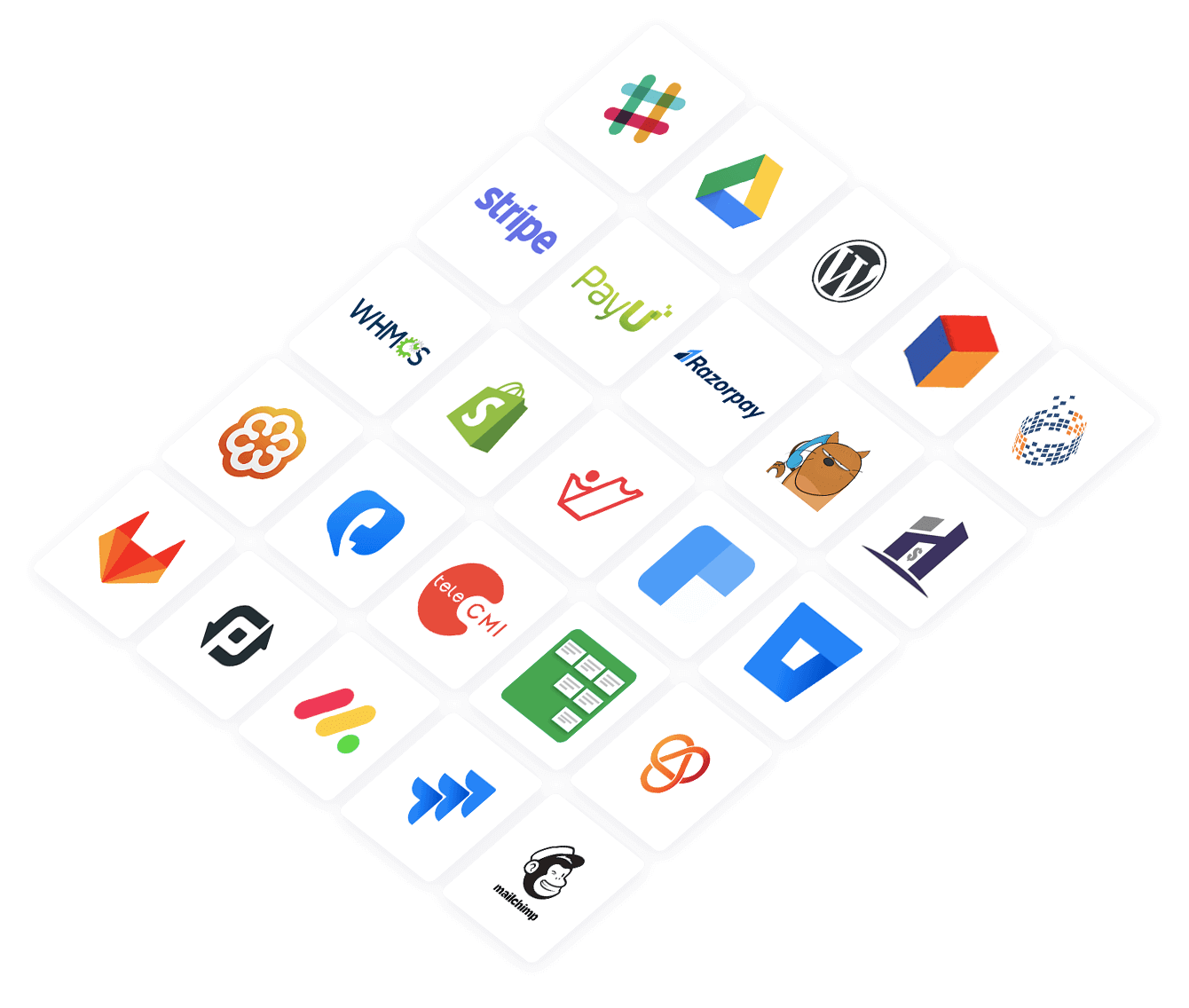Nepotism
What is nepotism?
Nepotism refers to the unfair practice of giving preferential treatment to family members through hiring or promotions, regardless of the individual's merits or qualifications.
What are the two types of nepotism?
Nepotism can be categorized into reciprocal nepotism and entitlement nepotism.
Reciprocal nepotism:
This occurs when an employer favors a family member due to factors like financial dependency, cultural traditions, or mutual interdependence.
Entitlement nepotism:
This occurs when individuals believe they deserve preferential treatment solely because of their connections with influential figures, regardless of their qualifications or merits.
What are some pros and cons of nepotism?
Nepotism comes with its own set of merits and drawbacks, depending on the context of where it is being practiced. In startups, where interpersonal trust is crucial, nepotism can sometimes act as a catalyst for growth. However, in a larger corporate setup, it often leads to resentment, lower morale, and damage to the organization's reputation.
Potential benefits of nepotism in startups:
- Stronger collaboration through established trust
- Streamlined hiring
- Lower recruitment costs
- Accelerated knowledge transfer
- Faster decision-making due to pre-existing relationships
Downsides of nepotism:
- Promotes unfair work practices
- Limits opportunities for qualified candidates
- Leads to workplace dissatisfaction and conflicts
Who benefits from nepotism?
Since nepotism favors individuals who are closely related to influential decision-makers (like business owners or department managers), those individuals typically benefit the most. Although the organization might see some immediate benefits, nepotism often obstructs long-term development by limiting diversity, creativity, and innovation, as well as diminishing the overall quality of the talent pool.
What are the causes of nepotism?
Here are some of the common causes of nepotism:
Cultural norms:
In certain cultures, family connections and relationships play a significant role in business and employment practices. This is especially common in family-run businesses or societies where family ties are prioritized over individual qualifications.
Tribalism or ethnic favoritism:
In some societies, tribal or ethnic affiliations influence hiring decisions, often leading to nepotism within specific groups or communities.
Financial dependence:
Employers may favor family members out of a sense of financial responsibility or to provide financial stability for relatives, even if they are not the most qualified candidates.
Lack of policies:
Organizations that do not have strong anti-nepotism policies may inadvertently encourage favoritism, allowing personal relationships to affect hiring and promotion decisions.
What are the effects of nepotism in the workplace?
Decreased employee morale:
When employees perceive that family members receive special treatment, it can create frustration and feelings of inequality, leading to lower morale.
Reduced productivity and efficiency:
Hiring unqualified family members can decrease overall team performance, since these individuals may lack the necessary skills or experience.
Lack of motivation:
When promotions or job assignments are based on personal connections rather than merit, employees may lose their drive to perform well, as their efforts might not be recognized.
Increased employee turnover:
Frustrated employees who feel their hard work is undervalued may seek other opportunities, leading to higher turnover rates.
Tarnished reputation:
An organization known for nepotism may struggle to attract talented, qualified individuals who value fairness and merit-based decision-making.
What is the role of HR in dealing with nepotism?
Here are some ways HR deals with nepotism:
- Facilitating fair and transparent recruitment procedures
- Establishing clear policies against favoritism
- Creating anonymous reporting mechanisms for unfair practices
- Conducting regular audits to assess hiring and promotion practices
Difference between nepotism and cronyism
Nepotism and cronyism are both forms of favoritism in the workplace, but while nepotism refers to favoring family members, cronyism is based on personal friendships or social connections. In the case of cronyism, individuals in power give jobs or benefits to close friends, former colleagues, or associates, even if they lack the necessary skills or experience.

